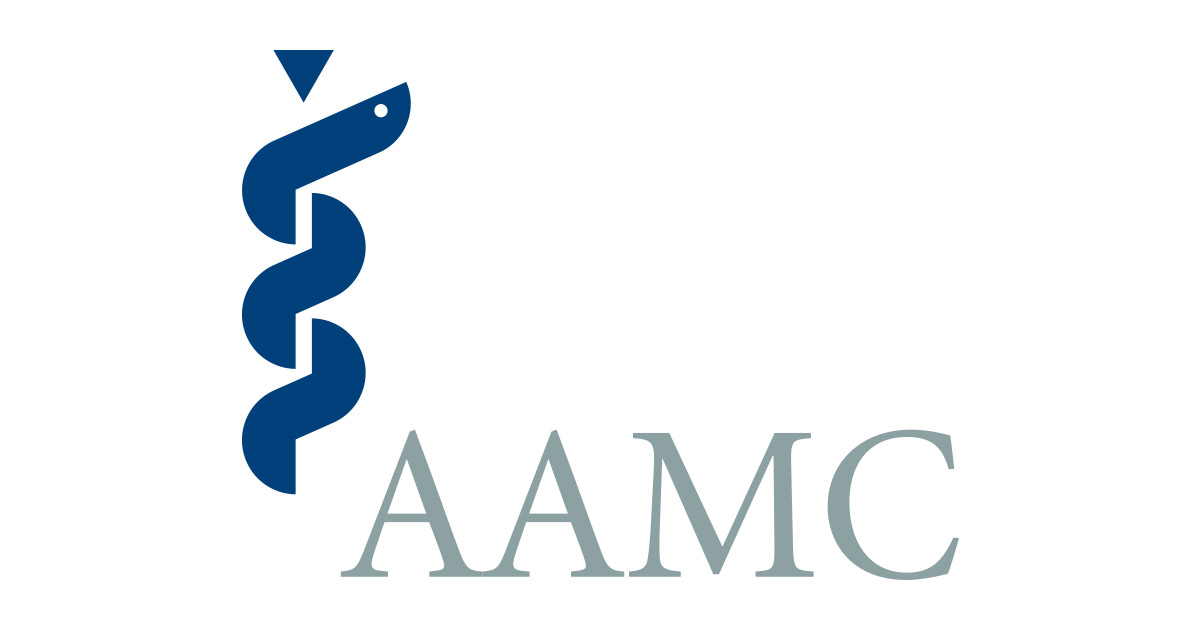I’ve been a silent lurker on sdn for a year, but I want to weigh in to encourage any students interested in primary care not to throw it out based solely on pay scale, or God forbid, prestige. I went to a top 5 undergrad, then med school and residency at UCSF. I could have gone into any specialty or residency, but chose academic primary care as the perfect fit for my interests, lifestyle, and colleagues. if people look down on me for being in primary care, that’s really their problem, not mine.
I have a career with no weekends and no call with part time flexibility. When my kids were young, I worked mornings to fit kindergarten hours, then extended hours as their school days lengthened to be their thankless chauffeur. With older kids, I am still part time, because I like the lifestyle balance. And I”ll have a pension with lifelong medical/dental insurance for me and my spouse after retirement
🙂.
Granted, the reimbursement and productivity woes mentioned above are real, but the days of hanging your own shingle and running a solo practice are probably over. If you want a Solo business, go to dental school. In primary care medicine, be careful and savvy about choosing your workplace, and if you’re willing to consider anything outside a metropolis, the world is your oyster. Good primary care providers are in high demand now—you will have multiple job offers with signing bonuses, even in big cities, although pay will be less depending on the # of docs in that area. Learn about professional negotiation skills to include asks like loan forgiveness and moving costs when you are interviewing.
Admittedly, I am not the most financially literate person, but I’ve been impressed by colleagues who have paid down loans in creative ways, including scholarships and loan forgiveness through service in VA medical systems. At least 30% of US medical students and residents train in a VA hospital at some point, so spending some years in an academic VA is a fun way to give back and pay down up to 160k of your loans.
Federal loan repayment and scholarship programs offered by the US Department of Veterans Affairs.

students-residents.aamc.org
There’s another program that I think may not be mutually exclusive to the above scholarship- the federal loan forgiveness program. If you work 10 years for a federal program or non profit. A recent resident told me about this one, with the tip that many resident spots are paid by VA funding, so residency years count as part of the 10 years of service! You’d just have to opt to start paying the minimum amount of loan repayment as you start residency instead of deferring.
[highlight] Alert! If your PSLF application is denied because some or all of your payments were not made under a qualifying repayment plan for PSLF, you might still be eligible for forgiveness through Temporary Expanded Public Service Loan Forgiveness. Learn more. [/highlight]

studentaid.gov
After residency, you can work for either a federal group OR a non profit—guess what, that prob includes most academic teaching hospitals as well as most community general hospitals. So if your residency is 3+ years, a few more years in any npo or VA will give federal loan forgiveness after 10 years. Again, I have not used either of these programs, so forgive me if I’m not giving details correctly- look into options yourself.
- Government organizations at any level (U.S. federal, state, local, or tribal) – this includes the U.S. military
- Not-for-profit organizations that are tax-exempt under Section 501(c)(3) of the Internal Revenue Code
I tell my primary care faculty all the time they are heroes, not only for providing compassionate care to an underserved veteran population who deserve top quality healthcare, but also because the slow walk of primary care is one of the only things that has been shown to cut costs AND improve mortality!
We devote vast resources to intensive, one-off procedures, while starving the kind of steady, intimate care that often helps people more.

www.newyorker.com
I totally agree primary care is not for everyone—rather than type a med students excluding PC just for prestige, I think many are uncomfortable with a degree of uncertainty- after all, primary care done well essentially does the ambulatory work up and care for just about every single specialty before referring for specific needs. Some med students would prefer to know every detail of their smaller realm, even if it’s the single layer of the cornea. But I enjoy the challenge and fun of diagnosis and the relationships of longitudinal care.
Sorry this is so long—clearly I have not mastered the art of pith demonstrated by the master commentators on sdn. Aspiring primary care physicians, please keep an open mind—if you love the field, choose your job locations and manage your finances wisely, and you can have a fulfilling and meaningful career.



